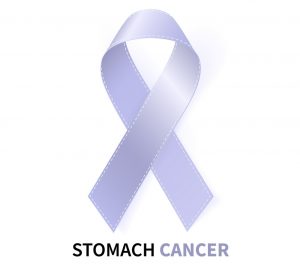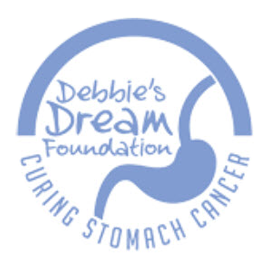
Tennessee Stories
Stacy Martin—TN I am 44 years young. I am a cancer survivor. Unlike most people, though, I didn’t find out I had cancer until it was already gone.
On February 6, 2019, I learned I had the CDH1 genetic mutation. From that moment on, I was in survival/problem solving made. I had all of my initial assessments done at the Mayo Clinic, as that is who I was working with on the genetic testing. Then I found the NIH and was lucky enough to be enrolled in their study. Ultimately, I decided to have my total gastrectomy done there on September 12, 2019.
When the pathology came back on my stomach, they found 17 signet ring cell carcinoma spots. I had Hereditary Diffuse Gastric cancer. It was confirmed that the biggest risk I have taken in my life just paid off. Because this is so rare, 20 years after its discovery, they still do not know what causes the mutation to start growing cancer or what accelerates the growth. I know that if I had not done this, I would not be alive. It was the right decision to make and just in time.
It has now been almost 2.5 years since my Total Gastrectomy. I have had three other surgeries, including a Double Mastectomy. Confidently I can say that I am doing better than I was before all of this happened. I am healthier. I am happier. I am more active in general and in my community. My quality of life has increased. I have started a small business, Seahorse Snacks, to share my love of food and story with the world. Most importantly, I no longer have to worry about any CDH1 related cancers.
The NIH is an amazing place for people with the most challenging medical problems to solve, and it’s filled with staff who have worked their whole lives for moments like these. I think everyone learned the importance of medical research and science during this everlasting pandemic if nothing else.
I can share my story with people and help them on their journeys. I hope that because of my journey and my contribution to the research, there will soon be other options besides giving up your stomach and that HDGC can be detected early and treated effectively. Until then, I will continue to advocate for education and funding for research and genetic testing so other people can live up to their full potential and see how their amazing lives can be. Who knows what contributions my fellow seahorses and their families will have for the world.
Tiffany Tellado
